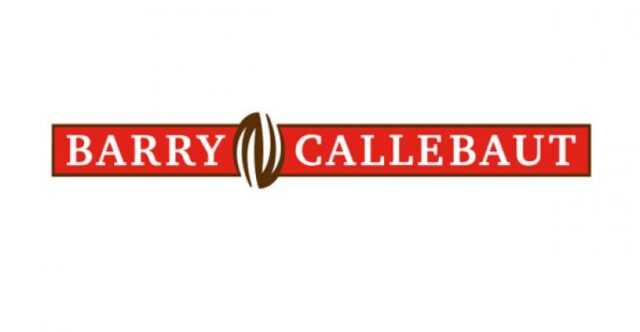ZURICH, Switzerland – Barry Callebaut today announced the launch of its Net Zero Roadmap, a pivotal step in the company’s ongoing commitment to sustainability. The comprehensive roadmap outlines the company’s strategy to decarbonize its entire value chain, aligning with worldwide efforts to limit global warming to 1.5 degrees Celsius by setting mid-term targets for 2030 and achieve Net Zero by 2050.
Peter Feld, CEO of Barry Callebaut, stated: “At Barry Callebaut, we believe protecting our climate is not just a responsibility, but essential for the future of our business. We have been addressing climate change since 2016, and today, we are proud to launch our Net Zero Roadmap, a pivotal step in our sustainability journey. Now, we are ready to turn these ambitious plans into action, hand in hand with our customers.”
Barry Callebaut: A Strong Commitment to Sustainability
Protecting the environment through carbon reduction has always been a cornerstone of Barry Callebaut’s sustainability efforts. The company made a decisive commitment in 2016 to reduce its carbon footprint across all operations. Since then, Barry Callebaut has achieved significant milestones in its sustainability journey. In 2019, the company became the first to receive SustainCert certification for carbon removals from agroforestry, in line with its strategy of becoming forest positive by 2025.
Building on this foundation, in 2023 Barry Callebaut announced its commitment to reach Net Zero by 2050, with interim targets for 2030 aligned with the Paris Agreement. This commitment, outlined in a Net Zero Roadmap published today, demonstrates the company is moving forward with its decarbonization efforts to address the urgent challenges of climate change. These efforts underscore Barry Callebaut’s belief that sustainability is essential not only for the planet but also for the long-term success of its business, as it strives to make sustainable chocolate the norm.
Collaborative Efforts and Concise Planning
Developed with the support of environmental consultancy Quantis, the Net Zero Roadmap was shaped by the input of internal and external stakeholders and experts. The process involved multiple workshops, detailed modeling of action reduction potentials, and careful selection and revision of strategies. The targets of the final roadmap have been validated by the Science Based Targets initiative (SBTi), including its new guidance for the Forest, Land and Agriculture (FLAG) sector. Consolidated across all three scopes, Barry Callebaut commits to reducing total emissions by 30% by 2030, compared to a 2022 base year, and to full Net Zero by 2050 latest. Following SBTi standards, Net Zero for Barry Callebaut translates to consolidated decarbonization of the value chain of at least 75% plus complete neutralization of residual emissions.
Focus on Levers with Most Impact
Greenhouse gas emissions within Barry Callebaut’s value chain, mainly linked to cocoa and dairy farming, are responsible for most of the company’s carbon footprint (see chart below1). Therefore, the roadmap identifies more than 30 reduction levers across five key areas with a strong focus on value chain emissions. Activities include accelerating the switch to renewable energy at Barry Callebaut’s production sites, utilizing biofuels and electric vehicles in transportation, engaging with suppliers, and implementing low-carbon agricultural practices such as agroforestry and other regenerative methods. These initiatives will drive the company’s efforts to meet its 2030 and 2050 targets.
A Call to Action in Partnership
Barry Callebaut recognizes that achieving these targets requires collaboration across the entire value chain. The company is working closely with its customers, suppliers, and partners to implement sustainable practices and share the responsibility of reducing emissions.


















